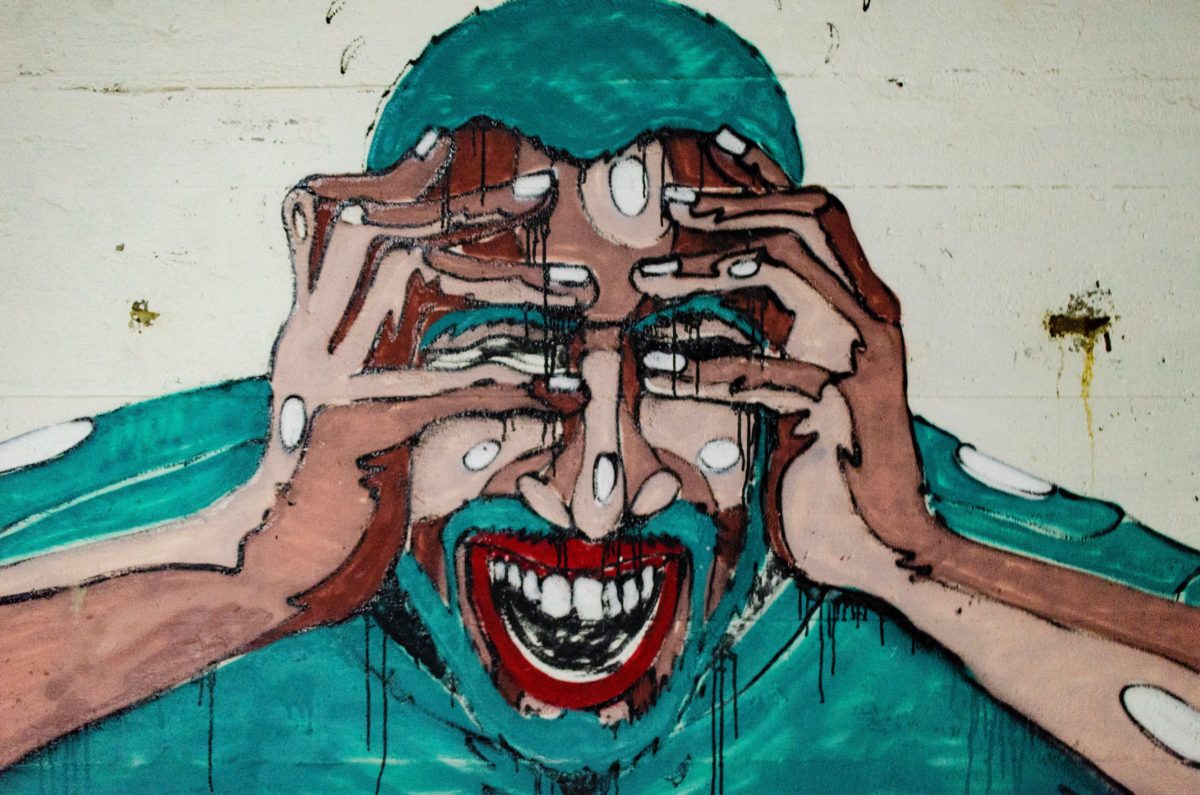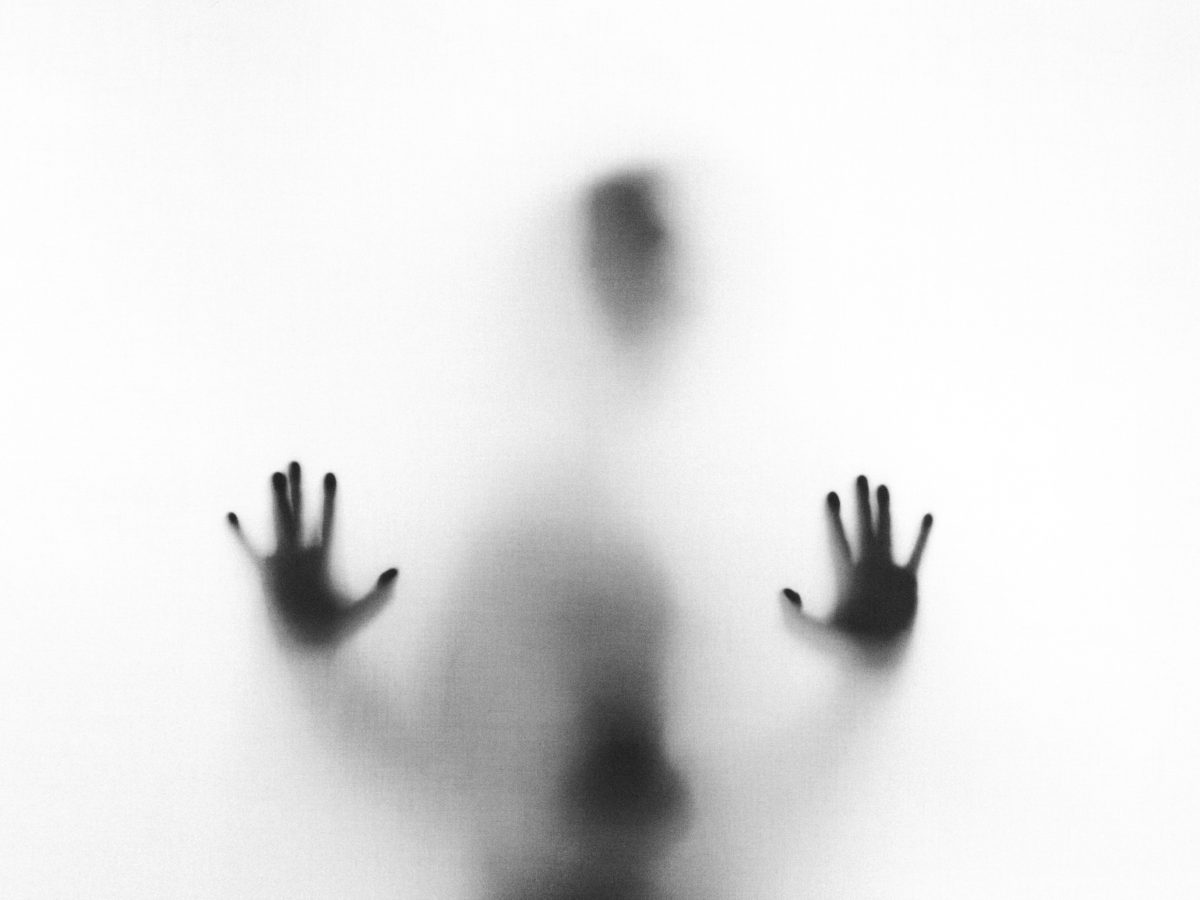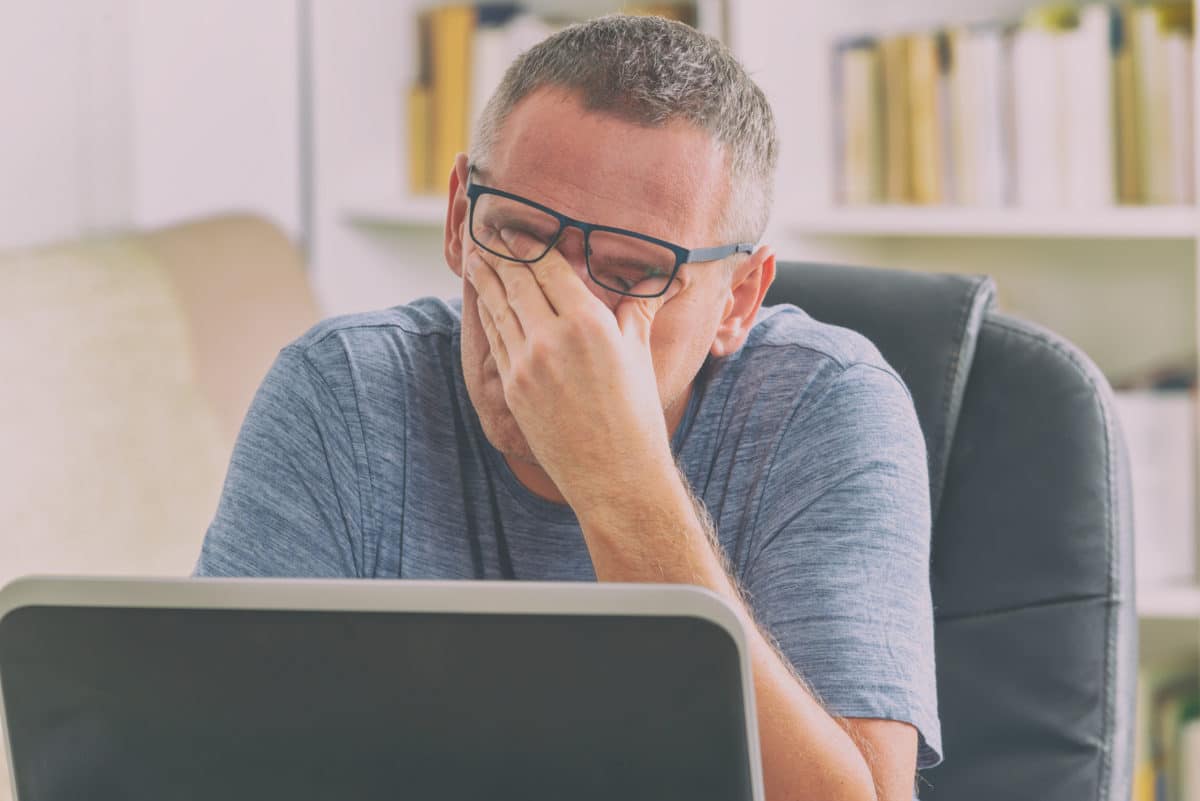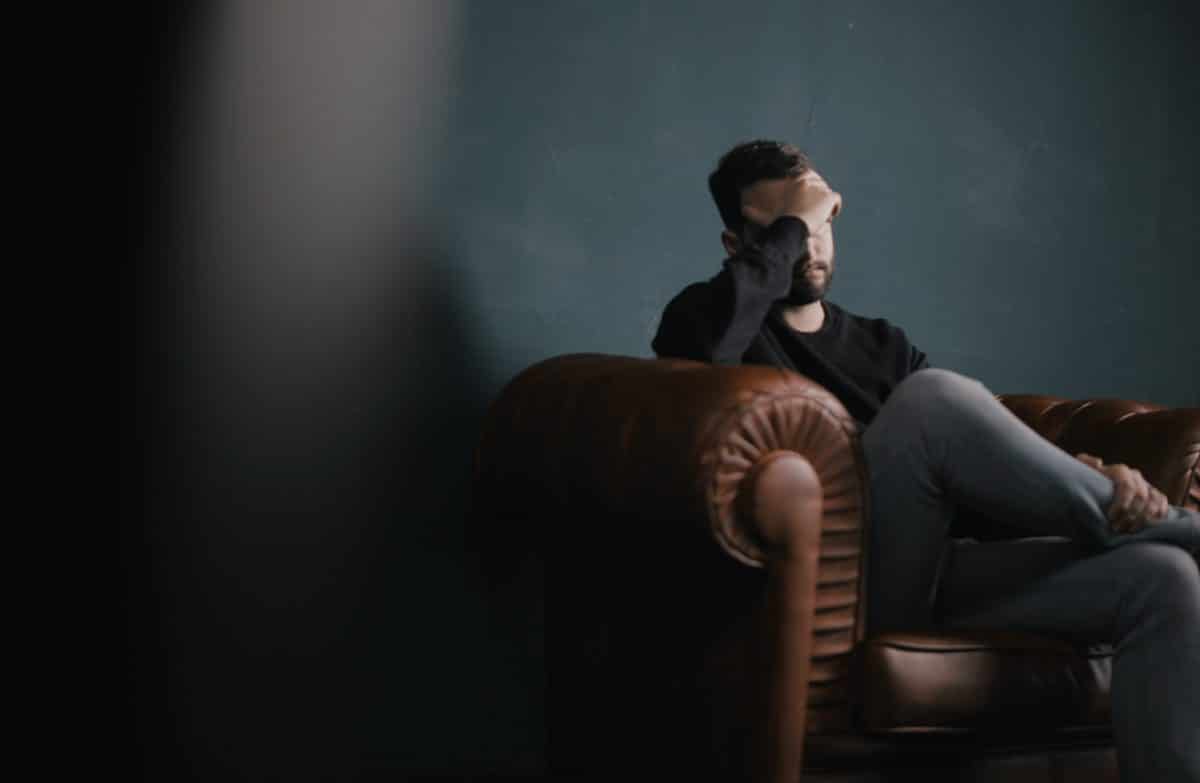Strong. Resilient. Brave
Three words many people would use to describe those who serve. They put themselves before others and risk their lives in honor of freedom. Service men and women are selfless and admirable but they are not immune to emotional and physical difficulties.
Often times, these difficulties can arise during the transition to civilian life. There are many roadblocks- some mental and some physical- that can stand in the way of a veteran’s health and happiness. Here are some tips that can help create a smooth transition for a veteran you love.
Don’t Make Assumptions
This is important! Every Veteran will transition differently so be sure not to overwhelm. However, if notice signs of depression, anxiety, or PTSD, it’s important to get them help. Never assume that someone is OK and transitioning well just because they smile. Veterans have been through a lot and may go through a period of separation anxiety as they work to adjust to their new ‘normal’.
Encourage A Healthy Routine
During the period of transition, many veterans will benefit from a routine. This can help bridge the gap between the strict military regime and new life as a civilian. A healthy routine is also a great opportunity for some self-care though working out and eating right.
Provide Support
This might sound obvious but it’s essential. You can provide support in many ways. Make a coffee date, send a BBQ invite, or simply pick up the phone and talk.. Give veterans space but focus on being there. Pick up the phone and start the conversation.
Most importantly, you can help a veteran by connecting them with a mental health professional. Dr. Madaram to help them create a plan for the transition back to civilian life. As a member of the military himself, he has special interest in military personnel and veterans who suffer with depression, anxiety, PTSD and other disorders that interfere with their lives.












